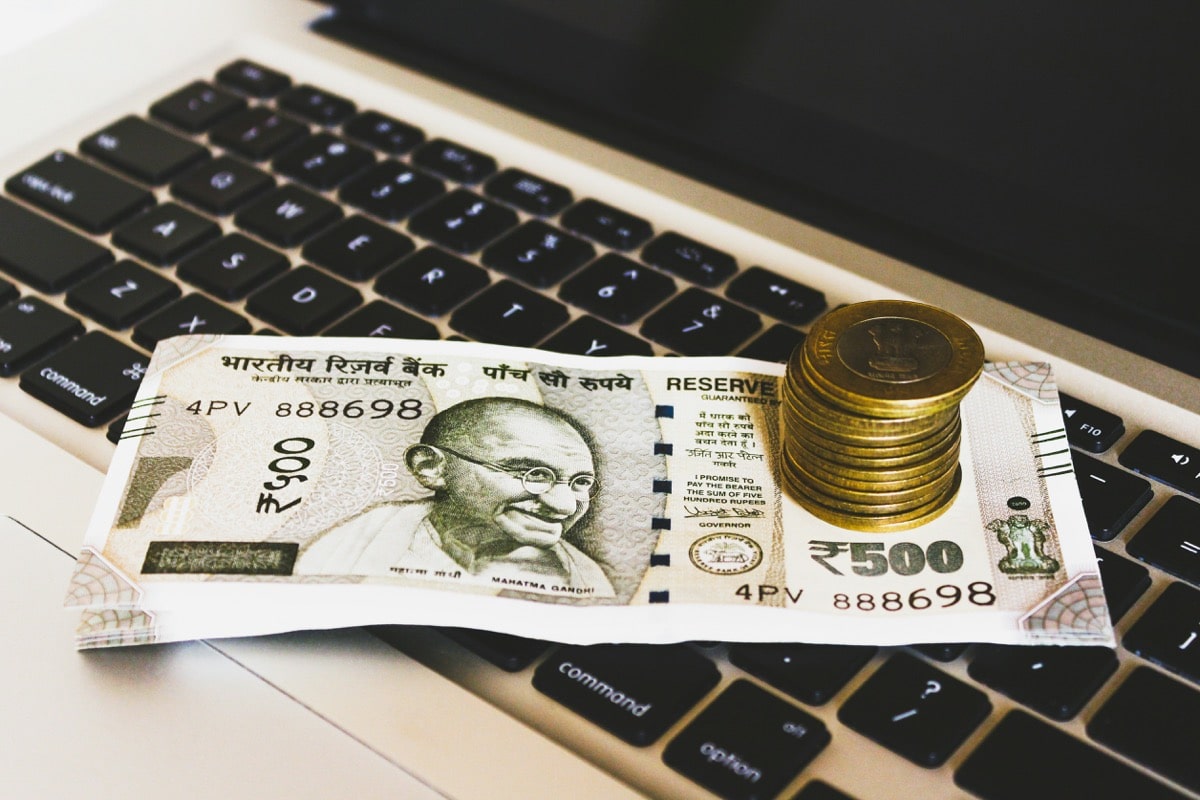RBI joins BIS cross-border payment initiative Project Nexus to facilitate instantaneous retail payments among ASEAN countries.

The Reserve Bank of India (RBI) participated in the signing ceremony of the Project Nexus, a multilateral initiative led by the Bank for International Settlements (BIS).
The initiative aims to interlink domestic instant payments systems (IPSs) of multiple jurisdictions to simplify international payments between those countries. Nexus will also standardise the way IPSs connect to each other. At present, UPI (Unified Payment Interface) of India and IPSs of Malaysia, Philippines, Singapore and Thailand will be interlinked through Nexus. Eventually, Indonesia will also join this cross-border platform. Currently, the Bank of Indonesia will continue as a special observer.
Earlier, the RBI engaged in bilateral collaborations, linking the UPI to their respective IPSs for seamless Person-to-Person (P2P) and Person-to-Merchant (P2M) payments across borders. However, today, the bank embraces a multilateral approach for broader impact. It can enhance the international reach of the Indian payment system and provide more efficient, cheaper and faster rails for cross-border transactions.
The Nexus agreement was signed in Basel, Switzerland. The founding parties included the BIS itself and the central banks of the participating countries: Bank Negara Malaysia (BNM), Bank of Thailand (BOT), Bangko Sentral ng Pilipinas (BSP), Monetary Authority of Singapore (MAS), and the RBI.
The multilateral platform is expected to go live by 2026. If proven efficient, it may be potentially expanded with other countries.
We have earlier reported that India’s UPI payment system was enhanced with AI-powered “conversational” payments.









